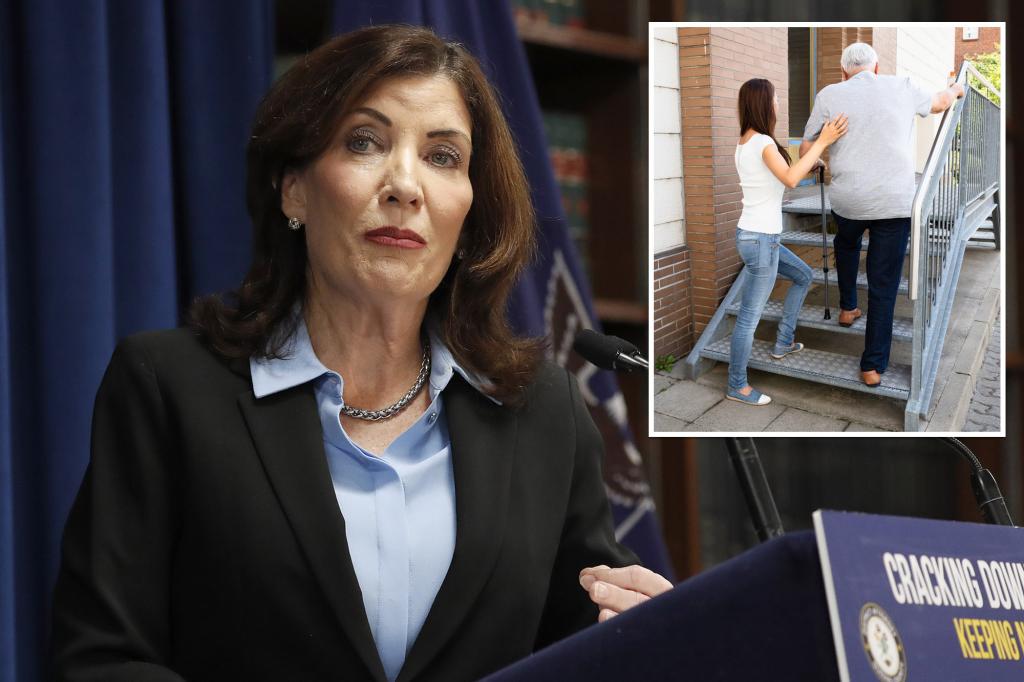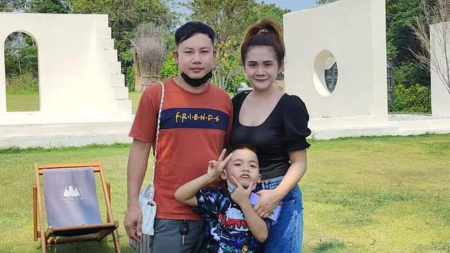In recent developments concerning New York’s Medicaid home care program, contention has arisen regarding the selection process for overseeing the state’s $9 billion Consumer Directed Personal Assistance Program (CDPAP). A home care provider has alleged that the Hochul administration improperly inflated the bidding process to favor one specific company, Public Partnerships LLC, in what is described as a backdoor deal. The CDPAP permits Medicaid recipients to hire their relatives or loved ones as personal home aides, an arrangement that has grown increasingly popular but has faced scrutiny over cost overruns and alleged fraud, prompting the state to rethink its administrative approach.
The New York State Health Department’s choice of Public Partnerships LLC aims to streamline operations by consolidating the roles of hundreds of smaller businesses and nonprofits that usually act as payroll intermediaries between Medicaid and caregivers. This shift threatens to terminate existing contracts of numerous home care agencies statewide, which are now gearing up to contest this decision. Carlos Martinez, executive director of BRIDGES, a home care agency based in Rockland County, expressed his shock at a recent meeting where a state official allegedly disclosed the predetermined selection of Public Partnerships as the new fiscal intermediary. His statement is part of a lawsuit filed against the state by another provider, FreedomCare LLC, claiming the bidding process was rigged.
Martinez’s testimony has fueled allegations of impropriety in the awarding of the contract, suggesting a predetermined outcome overlooked the fair bidding process. Akiva Shapiro, a lawyer representing FreedomCare, highlighted this testimony as a significant piece of evidence supporting their claims that the selection of Public Partnerships was manipulated from the beginning. Shapiro’s assertions emphasize the urgency of addressing these allegations to safeguard the integrity of New York’s home care program, which many citizens rely on for essential services.
Before legal action was taken, home care providers were already vocal about their concerns regarding the concentration of oversight under a single large contractor. The CDPAP has experienced considerable growth, now serving approximately 200,000 patients. However, this expansion has led to skyrocketing costs and heightened scrutiny from law enforcement agencies investigating extensive fraud claims, which reportedly amount to tens of millions of dollars. In response to these concerns, Governor Hochul attempted to implement reforms during budget negotiations, aiming to centralize oversight and reduce costs while facing significant opposition from various stakeholders.
Hochul’s administration has faced additional criticism due to a reported agreement with the influential healthcare workers’ union, Local 1199 SEIU, which aims to improve conditions for personal care aides and raise their wages. Some critics argue that this deal further exacerbates the financial strain on the home care program. Despite the backlash, Hochul’s office has defended the restructuring of the CDPAP, vehemently denying any misconduct in the bidding process. According to a spokesperson for the administration, any claims of impropriety are baseless, asserting that the procurement process was conducted under the scrutiny of the State Department of Health and compliant with state legislation.
The state maintains that their reforms are crucial to protecting home care recipients from the long-standing issues of waste, fraud, and abuse that have plagued the CDPAP. A pledge has been made to create a more robust and effective system before the transition slated for April 2025. As the situation unfolds, the allegations surrounding the contract selection process and the overarching implications for home care services in New York continue to garner attention, with advocates emphasizing the need for transparency and accountability in ensuring the welfare of those who depend on such critical support services.










